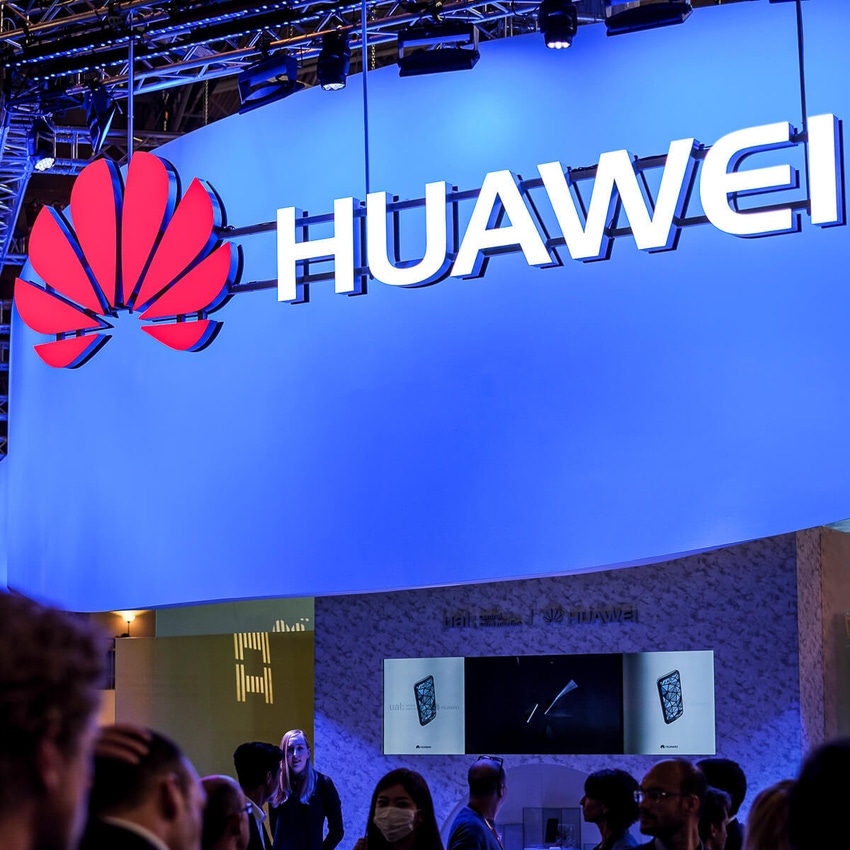2022 could be even worse, warns Huawei co-chair
Chairman Ken Hu noted threats from escalating economic risks – Ukraine, inflation, the pandemic, rising commodity prices and volatile foreign exchange rates.

In the past three years Huawei has been hit by US export bans, ejected from key markets and lost almost its entire handset business – but 2022 could be the worst yet, one of its leaders has warned.
Ken Hu, the current rotating chairman, says the company's prime goal this year is "surviving sustainably."
He said the vendor is threatened by a series of escalating economic risks – the Ukraine war, inflation, the pandemic, rising commodity prices and volatile foreign exchange rates.
Figure 1:  Ken Hu, Huawei's current rotating chairman, says the company's goal is "surviving sustainably."
Ken Hu, Huawei's current rotating chairman, says the company's goal is "surviving sustainably."
(Source: Karlis Dambrans on Flickr, CC 2.0)
"We believe that in 2022 we are actually facing more daunting challenges, given the external environment," Hu told the company's annual analyst meeting Tuesday.
Survival mode
"Survival is the utmost goal for the company. Without survival then the visions and dreams that we talk about can only be empty talk and that makes it our priority."
Hu warned Huawei executives they needed to ensure "quality" in the way they ran their operations as well as in the products and services delivered to customers.
"It is a requirement for all the business units to pay high attention to the quality of their business operations. If they cannot guarantee that, we may have to close down the business."
He also said executives were instructed to avoid high-risk transactions.
Following the near-collapse of its smartphone business, Huawei now was building out hardware and software products for smart home and office and in the health, travel and entertainment verticals, Hu said.
Instead of phones it was focusing on hardware such as smart watches, tablets and speakers, combined with AI and its Harmony OS. Harmony was installed on 220 million devices already, with another 100 million shipped so far this year.
Branching out
Hu confirmed the launch of Huawei-equipped smart cars this year, but pleaded for "understanding" that the company was a new entrant to the auto industry.
"Even if we cannot achieve our auto sales targets [this year] I hope that you can be more understanding because in the car industry Huawei is still a new entrant. We have a lot to learn and cannot help but make mistakes."
Want to know more? Sign up to get our dedicated newsletters direct to your inbox.
In Huawei's core connectivity business, Hu said Huawei hoped to enable ubiquitous 10Gbit/s connections in both mobile and fixed networks.
"Together, these will support a broader range of niche network requirements, including a more immersive experience in homes as well as the low latency and high reliability needed for industrial control scenarios," the company said in a statement.
Related posts:
— Robert Clark, contributing editor, special to Light Reading
Read more about:
AsiaAbout the Author(s)
You May Also Like




_International_Software_Products.jpeg?width=300&auto=webp&quality=80&disable=upscale)







